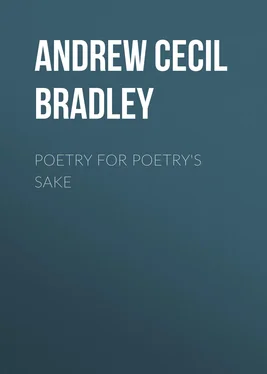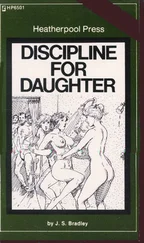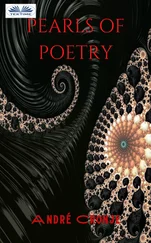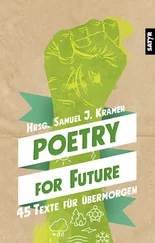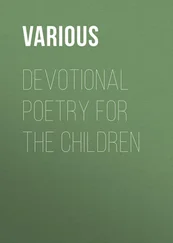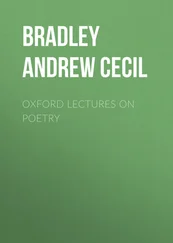kinds of existence. The one touches us as beings occupying a given position in space and time, and having feelings, desires, and purposes due to that position: it appeals to imagination, but appeals to much besides. What meets us in poetry has not a position in the same series of time and space, or, if it has or had such a position, is taken apart from much that belonged to it there; and therefore it makes no direct appeal to those feelings, desires, and purposes, but speaks only to contemplative imagination—imagination the reverse of empty or emotionless, imagination saturated with the results of 'real' experience, but still contemplative. Thus, no doubt, one main reason why poetry has poetic value for us is that it presents to us in its own way something which we meet in another form in nature or life; and yet the test of its poetic value lies simply in the question whether it satisfies our imagination, the rest of us, our knowledge or conscience, for example, judging it only so far as they appear transmuted in our imagination. So also Shakespeare's knowledge or his moral insight, Milton's greatness of soul, Shelley's 'hate of hate' and 'love of love,' and that desire to help men by his poetry which influenced this poet or that—not, surely, in the process of composition but in hours of meditation—all these have, as such, no poetical worth: they have that worth only when, passing through the unity of the poet's being, they reappear as qualities of imagination, and then are indeed mighty powers in the world of poetry.
I come to a third misapprehension, and so to my main subject. This formula, it is said, empties poetry of its meaning: it is really a doctrine of form for form's sake.
WHERE DOES IT LIE?
'It matters not what a poet says, so long as he says the thing well. The what is poetically indifferent: it is the how that counts. Matter, subject, content, substance, determines nothing; there is no subject with which poetry may not deal: the form, the treatment, is everything. Nay, more: not only is the matter indifferent, but it is the secret of Art to "eradicate the matter by means of the form."' Phrases and statements like these meet us everywhere in current criticism of literature and the other arts. They are the stock-in-trade of writers who understand of them little more than the fact that somehow or other they are not 'bourgeois.' But we find them also seriously used by writers whom we must respect, whether they are anonymous or not; something like one or another of them might be quoted, for example, from Professor Saintsbury, the late R. A. M. Stevenson, Schiller, Goethe himself; and they are the watchwords of a school in the one country where Aesthetics has flourished. They come, as a rule, from men who either practise one of the arts, or, from study of it, are interested in its methods. The general reader—a being so general that I may say what I will of him—is outraged by them. He feels that he is being robbed of almost all that he cares for in a work of art. 'You are asking me,' he says, 'to look at the Dresden Madonna as if it were a Persian rug. You are telling me that the poetic value of Hamlet
Конец ознакомительного фрагмента.
Текст предоставлен ООО «ЛитРес».
Прочитайте эту книгу целиком, купив полную легальную версию на ЛитРес.
Безопасно оплатить книгу можно банковской картой Visa, MasterCard, Maestro, со счета мобильного телефона, с платежного терминала, в салоне МТС или Связной, через PayPal, WebMoney, Яндекс.Деньги, QIWI Кошелек, бонусными картами или другим удобным Вам способом.
